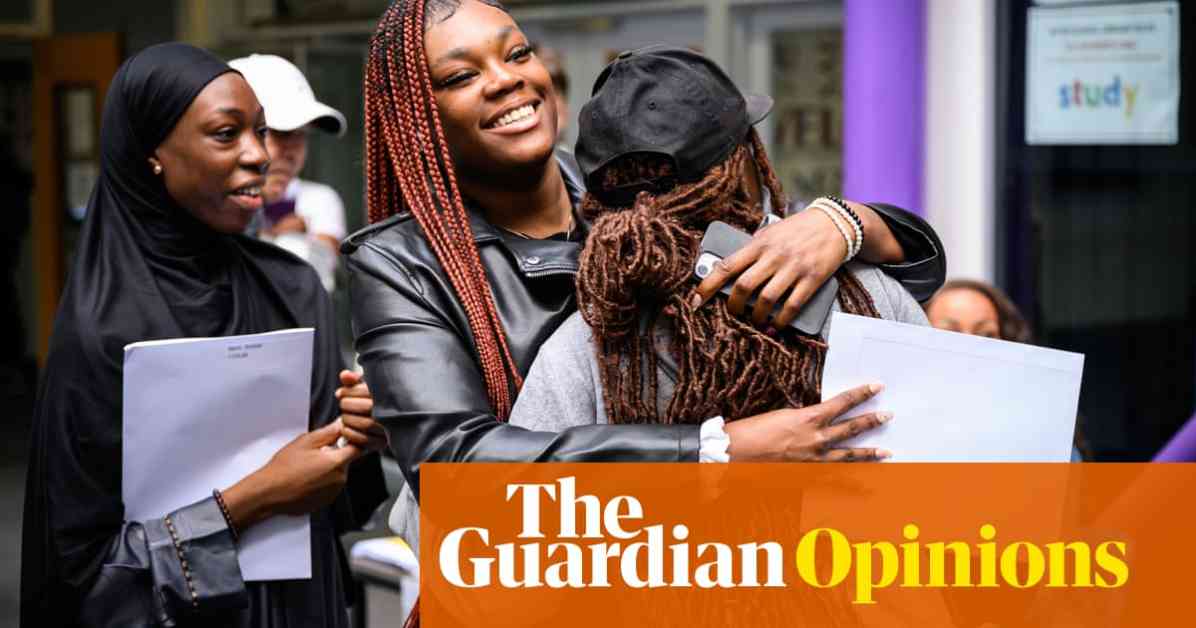Addressing the Impact of Covid-19 on GCSE Results
The disruption caused by the Covid-19 pandemic has had a profound impact on the education of students across the UK. The cohort of 16-year-olds who received their GCSE results this year were in their first year of secondary school when the pandemic struck, leading to widespread chaos and uncertainty. The transition to remote learning, coupled with the cancellation of exams and the shift to teacher-assessed grades, created a challenging environment for both students and educators.
Despite these challenges, many students have shown remarkable resilience and determination in achieving grades that can open doors to a bright future. The celebration of their achievements is a testament to their hard work and dedication, as well as the support provided by teachers, parents, and the broader community.
Challenges and Opportunities for the New Labour Government
While the return to pre-Covid norms in this year’s GCSE results is a positive development, it also highlights the significant challenges that remain in reducing educational inequality. The disparities in outcomes between students from different socioeconomic backgrounds and regions are stark, with young people from less privileged families and areas facing greater barriers to success.
The new Labour government has made it a priority to address these inequalities and create a more equitable education system. The focus on strengthening vocational paths and broadening the curriculum to include practical and creative options is a step in the right direction. However, more needs to be done to ensure that all students have access to the resources and support they need to succeed.
Tackling the Disadvantage Gap in Education
The disadvantage gap in education is a persistent issue that requires urgent attention. The widening gulf in top grades between private and state schools, as well as the regional disparities in achievement, underscore the need for targeted interventions to level the playing field for all students.
One key area that needs to be addressed is the requirement for students to take mandatory resits of maths and English GCSEs in order to secure funding for their post-16 education. The low pass rates in these resits highlight the need for a more flexible and inclusive approach to assessment, one that recognizes the diverse talents and interests of students.
In addition to rethinking assessment strategies, there is a need to allocate resources more effectively to schools and communities that are most in need. By investing in teacher training, curriculum development, and support services, we can ensure that all students have the opportunity to reach their full potential and pursue their dreams.
The appointment of Bridget Phillipson as the new education secretary signals a commitment to addressing educational inequalities and creating a more inclusive system. Her working-class background and egalitarian mission provide hope for a reset in the education sector, one that prioritizes the needs of all students and promotes equal opportunities for success.
Conclusion
In conclusion, the GCSE results this year reflect both the resilience of students in the face of unprecedented challenges and the persistent inequalities that exist within the education system. While progress has been made in returning to pre-Covid norms, there is still much work to be done in closing the disadvantage gap and ensuring that all students have access to quality education and opportunities for success.
The new Labour government has a crucial role to play in driving forward reforms that prioritize equity, diversity, and inclusion in education. By listening to the needs of students, parents, and educators, and implementing targeted interventions to support those most in need, we can create a more just and equitable education system for all.







